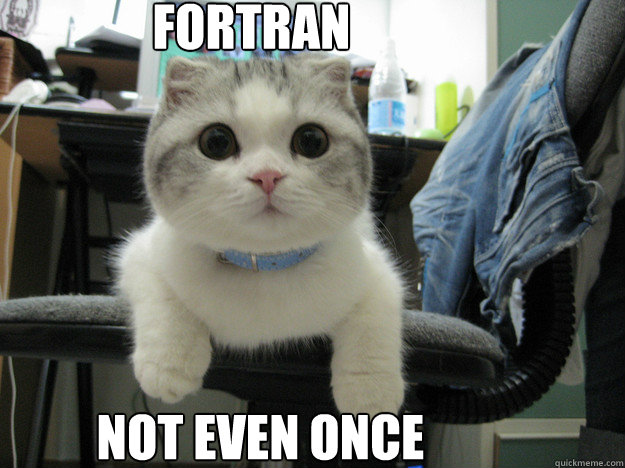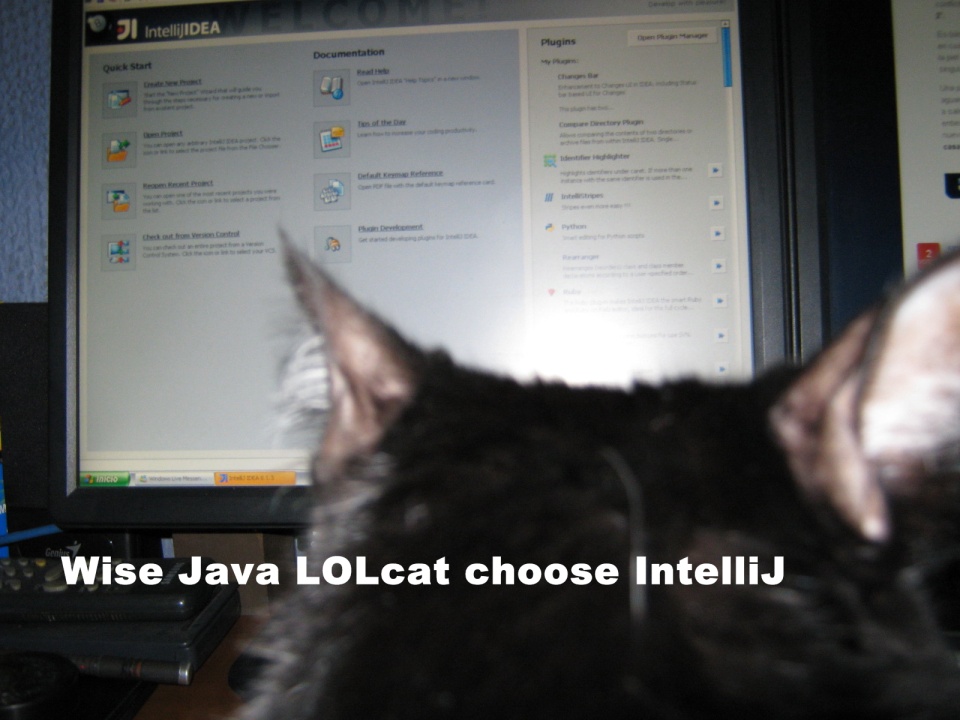While Constantinople may have fell 563 years ago, it was remembered 128 years ago today in the The Convention of Constantinople which guaranteed free maritime passage through the Suez Canal during war and peace. Connecting the Mediterranean Sea to the Red Sea through the Isthmus of Suez, it provides seagoing vessels with a short route between the North Atlantic and North Indian oceans, reducing the journey (which used to go through the South Atlantic and South Indian oceans) by 7,000 kms. Without this treaty, global logistics could have been brought to a halt with canal blockage.
And LOLCats everywhere rejoiced!




